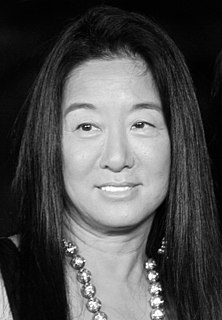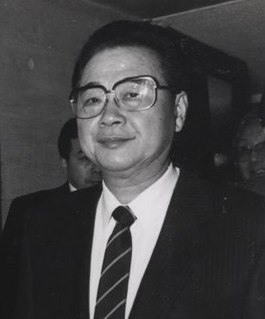A Quote by I. M. Pei
I've never left China. My family's been there for 600 years. But my architecture is not consciously Chinese in any sense. I'm a western architect.
Related Quotes
I think there's going to be a real push in the next two years in Asia - China and Korea specifically. And that's a huge undertaking. Ten years ago it was impossible to break into that part of the world. Some of the biggest companies in the world found it challenging. But I am Chinese-American and I think what we do will resonate in China. So that's where we see our biggest opportunities going forward. I do speak Mandarin and I also relate to the hunger that China has for culture and architecture and style.
I deal with students every day - from China, Germany, the United States, Hong Kong and Taiwan. And I've noticed that the Chinese students are the least trained in having a sense of aesthetics. They lack any ability to sense what is beautiful or what is proper. They can be learned and skillful, but they lack the ability to make their own free judgment. It is really sad to see young adults of 20, 25 years who were never taught to make their own decisions. People who can't do that don't get a sense of responsibility. And if you lack a sense of responsibility, you push the blame onto the system.
I've been in China enough to know that you shouldn't opine on it unless you speak Chinese and have lived there for twenty years. I wasn't pretending to be a China expert in that final chapter. I was just pointing, first to the parallels between Chinese behavior toward us and ours toward GB when we were at the same stage of development, and secondly to how much harder their development path is than ours was.
If a Chinese student does not know Chinese learning, it's like a person without a surname, a horse without a bridle, a boat without a helm. The more Western learning he possesses, the more hateful of China he will become. Even if he becomes a capable man of vast learning, how can he be of any use to the state?







































